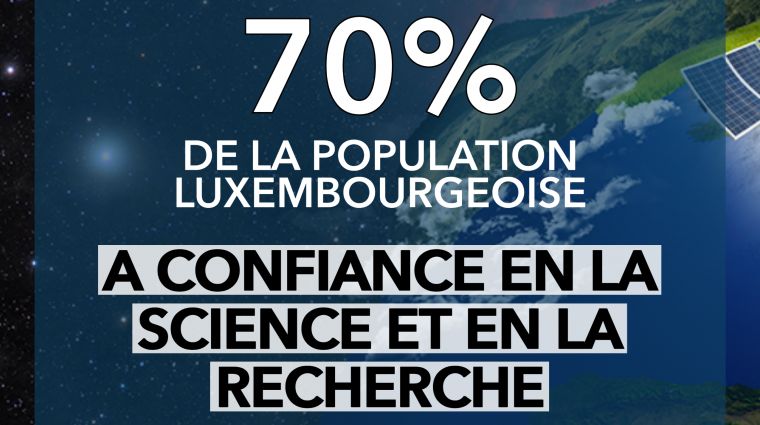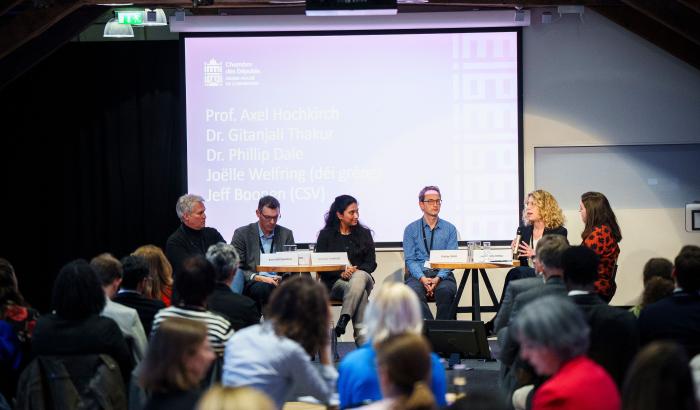(C) FNR & Moast Creative Studios
Families are like small societies. If they work well, and if migrant families feel well integrated, society as a whole will profit.
Explaining its research in less than 90 seconds: 7 young researchers from Luxembourg took up the challenge in the new video series "My research in 90 seconds". In this episode, discover the importance of family solidarity with Stephanie Barros! More about this in the video - and further details in her article.
Author text: Stephanie Barros
Video: (C) Jean-Paul Bertemes (FNR) & Moast Creative Studios
You might start your professional life and want your own place to acquire certain independence. But, you always come back because your parents need you to water the plants or get the mail while they’re gone. Or you need them to take care of your children or maybe for a financial help.
These family mechanisms are amongst the many questions researchers of the IRMA-project at the University of Luxembourg are working on. With a current foreign population of over 47%, amongst which around 96˙800 (Statec, 2016) are of Portuguese migrant background, Luxembourg is an ideal multicultural context for the study of relations between adult children and their parents from Luxembourgish and Portuguese migrant families.
What do family solidarity and value transmission mean?
Family solidarity is a support network (financial, instrumental & emotional help) provided within the family from one generation to the other. Financial support is for example frequently related to a higher education of adult children relying on parents’ financial help. Parents becoming regular caretakers of the grandchildren or children providing care for their parents in later age can represent the emotional or practical help.
Accordingly, families have a certain interest in transmitting values to preserve knowledge and traditions. For migrant families, the value transmission can be even more complicated since children of migrant parents are confronted with various value systems (host country vs country of origin).
Are there differences between Luxembourgish and Portuguese families?
The project used questionnaires and face-to-face interviews in several languages (LU, PT, FR, & DE). Parents tend, from their perspective and regardless of their cultural background, to help their children more than the received help. However, they affirm not to feel aggrieved by it even in a later age. This parental support is important whatever the child’s life stage or context. It is unconditional, not depending on gender, land of birth or on their children’s activity (student/job). As for Portuguese adult children, they feel helping their parents more than those from Luxembourgish families, probably due to the migration context where children for example often provide administrative aid because of language issues (as language brokers).
Transmission goes in both ways as well, both generations influencing each other. Parents teach and learn from their children, probably even more in the context of migration. Children, socialized in the school system, might for example transmit the host country’s language and cultural practices which they are in contact with more frequently than their parents. Migrant families end up thus creating a “new migrant culture”, in between culture of origin and host culture.
So, why do family relations matter?
A better insight of family processes, within both native and migrant families, is important in a society where young generations often depend on family support when making major steps such as buying a house or where elder care is still largely provided by family members. The exchange and “amount” of support between generations gain hence an importance for family members’ and the society’s well-being in general.
When families work well in synergy with each other and migrants likewise feel well integrated in the “new” society, they will all contribute to this well-working luxembourgish nation, which will positively benefit from it.







